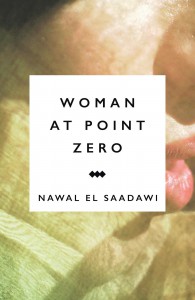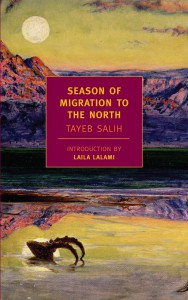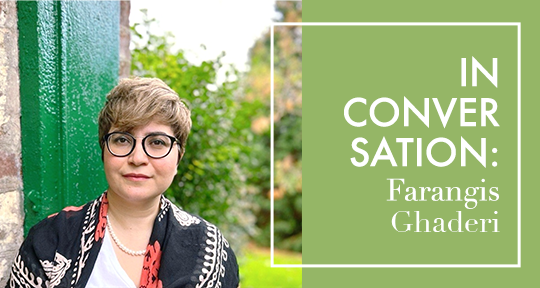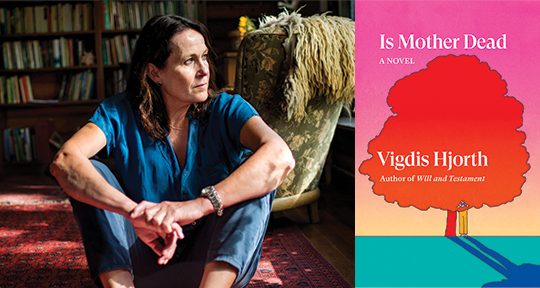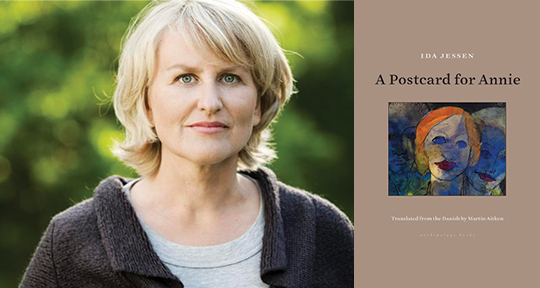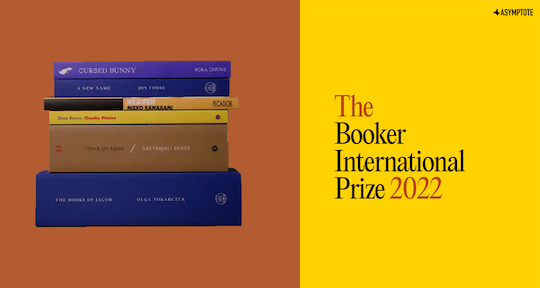We speak here about the practice and politics of Kurdish translation, female representation in Kurdish literature, and the future of Kurdish literary works, culture, and understandings through digital archival projects.
Holly Mason Badra: Can you talk about the project and translation process for Women’s Voices from Kurdistan: A Selection of Kurdish Poetry?
Farangis Ghaderi: Women’s Voices from Kurdistan was the result of a collective initiative with my colleagues Clémence Scalbert Yucel and Yaser Hassan Ali. The idea behind it was that, as scholars and researchers of Kurdish literature, we were very aware of the invisibility of Kurdish literature in the world literary arena. The translation of Kurdish literature is emerging but still not comparable with other Middle Eastern languages. At Exeter, there were a number of Ph.D. students and researchers working specifically on Kurdish literature and we had been engaged in translation as part of our research, but these translations often remained unpublished (in theses or dissertations). Occasionally, some translations were published in scholarly publications, but they were only excerpts of the literary pieces and not the entire work. At the time, none of us considered ourselves literary translators.
We also thought about how works published in academic outlets don’t reach a larger public audience. Reflecting on these issues and realizing our potentials, we hosted a translation workshop in 2017 that was led by Dr. Yucel and made possible by an outreach grant (by the British Institute for the Study of Iraq; BISI), where Ph.D. students working on Kurdish literature came together with researchers at the Center for Kurdish Studies at Exeter and colleagues in translation studies. Each participant had their own selections, but the overall theme was gender, with preference for female poets. Together, we practiced translation and held discussions for two days. After this workshop, Clémence, Yaser, and I continued to meet, discuss, and work on the translations and polish them. We presented our translations in a number of festivals in the UK and began thinking about publishing them. We then approached Transnational Press London about publishing the collection, and they were very enthusiastic about it.
It was important for us to publish in an outlet that allows the publication of the original Kurdish language as well as the English translation. The collection includes poems from the nineteenth century to contemporary female poetry, written in various Kurdish dialects (Gorani, Kurmanji, Badini, Sorani) and in Arabic.
HMB: When did you first start working in translation and what has that journey been like for you?
FG: I started translating into English while pursuing my Ph.D. My research was on the emergence of modern Kurdish poetry. I had to translate classical and modern poetry in three dialects (Kurmanji, Sorani, Gorani) as part of literary analysis. The workshop I described above was foundational for me as a translator—following the workshop, Dr. Yucel and I conducted a research project on English translations of Kurdish literature which is now published. Both the workshop and the research project helped me to become aware of trends in English translations of Kurdish literature—the biases that translation can produce or reproduce and the politics of translation itself. I became more aware of the question of access and the politics of access. How a certain group of translators—in our case, a group of mostly Kurdish researchers at Exeter—were not thinking of ourselves as translators even though we were translating. Translation was part of our job. I began thinking about questions of confidence, exclusions, access (which is limited for Kurdish scholars). The journey has been one of gaining confidence and understanding what translation involves. It has been an educational process, too.
READ MORE…



